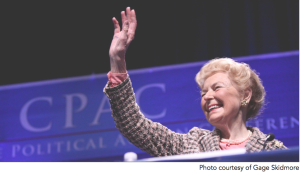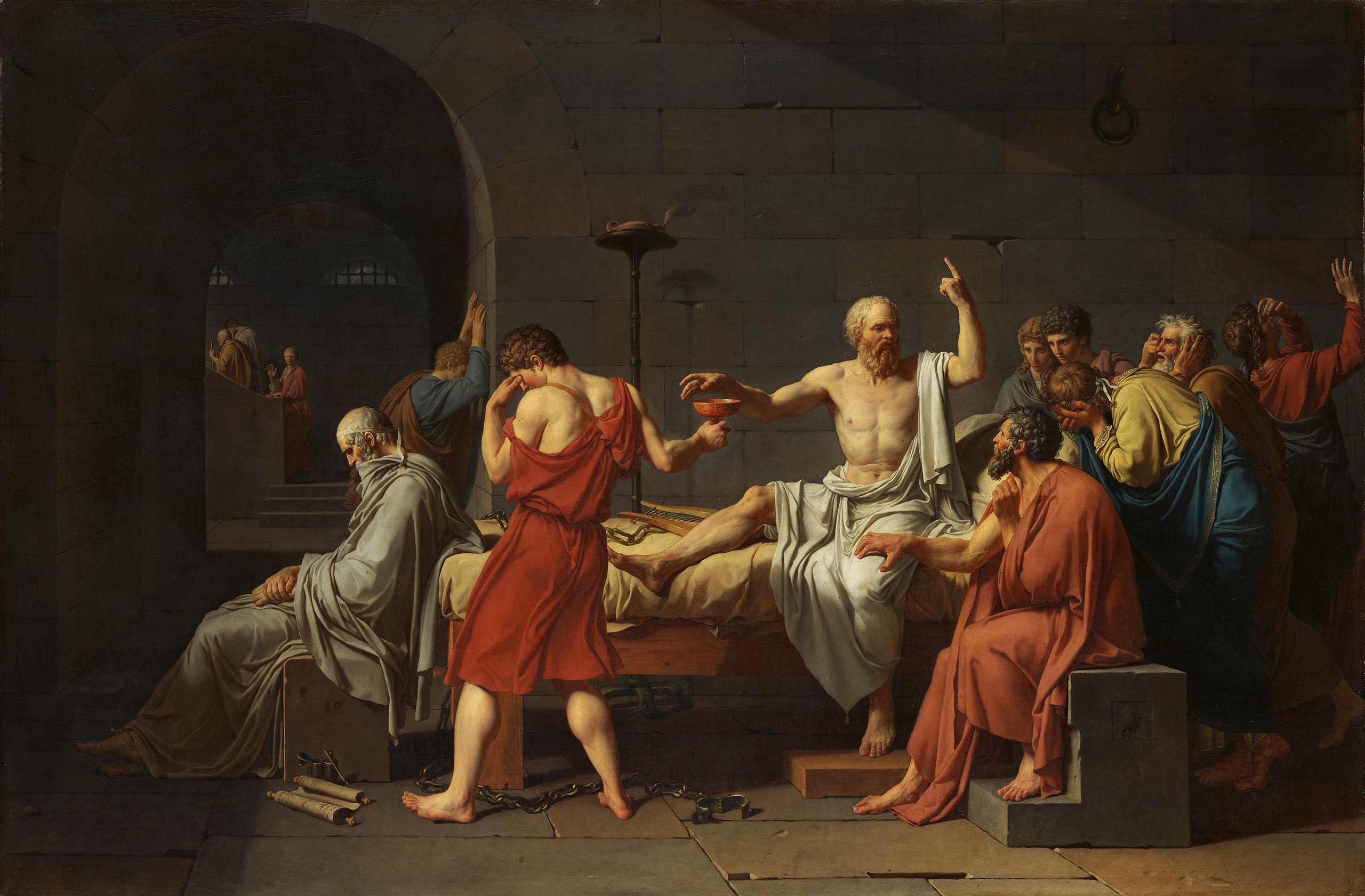Differences in politics need not create barriers
By: Caroline Frank
Art & Life Editor
A prominent issue in today’s society is the extent to which differences in political stances and moral principles create barriers between people.
I have seen heated arguments break out in the middle of class when students voice their opinions on presidential candidates. I have heard people say they lost all respect for so-and-so because of who he or she supports. I have seen facial expressions change in a split second when someone vocally sides with one party or the other.
Wars have been waged over religion. People have been blown up, brutally shot, burned alive, and beaten to death for what they believe in. I have seen people outright rejected for their faith.
However, I think we can accept someone without agreeing with them.
On Sept. 5, 2016, a distant relative of mine passed away. She was a conservative icon: a devoted Republican, the leader of Eagle Forum and a Roman Catholic. To some she was famous, and to some she was infamous. But she was first and foremost a human being. And to me she’ll always be known as Phyllis Schlafly, or “Grandmother.”
As a kid I swam in her pool, played foosball in her basement and ate ice cream out of her freezer. Most of the time I was over there she would be hard at work in her office, making an appearance somewhere or attending a meeting.
But, I would see her in passing and always receive an ear-to-ear smile and a warm “hello.”
These fond memories of mine are not attached to an established religion or political party. They’re associated with human connection, and the joy of interacting with someone — someone I love.
There are things she stood for that I disagree with. In no way do I deem myself inferior or superior for that, just set apart. However, despite our differences — I accept her convictions as part of who she was.
Accepting and agreeing are two different things that people often confuse as being synonymous with one another. If person A votes for Ted Cruz and person B votes for Bernie Sanders, does this mean they can’t meet somewhere in the middle?
If person C is an atheist and person D is a Christian, does this mean they can’t find something they have in common?
The following comment was made by Sarah Schlafly, a granddaughter to Phyllis and a cousin to me.
“I didn’t agree with many of her views, but I greatly admired her spirit. I share her drive and devotion to a cause. I always looked up to her for being such a powerful, inspirational woman. While we bonded over makeup, hairstyles, and chocolate, I felt a deeper connection to her through our passion.”
Sarah went on to describe her grandmother’s personality and character. “She was an incredibly positive, strong person. She believed in herself, her family, her God, and her cause. She never let naysayers affect her, never accepted the word ‘can’t,’ and was stubborn as hell. I loved it.”
Because Sarah was able to see past these dissimilarities, she was able to find other ways to relate.
The world is black-and-white without the color that human variety gives it.
These differences will be there whether we want them to or not, so we might as well let them be. We might as well accept them.
As human beings we have a natural inclination to connect with one another, so we’re only isolating ourselves by not embracing this diversity. There is a difference between distinguishing yourself from someone and dissociating from them completely.
Creating titanic barriers between ourselves and the “other side” will only make the feud even stronger. We can break down those walls by creating open dialogue, becoming familiar with who each other is, and trying to understand individual differences.
Something we all share is the ability to gain from one another. We can try to find something we like about another person, and allow that to be a reason to respect them. We can allow the way we feel about them to grow and flourish beyond their empirical identity.
Disregard what they identify as for just a moment, and see them for who they truly are: a person, just like you and me.










